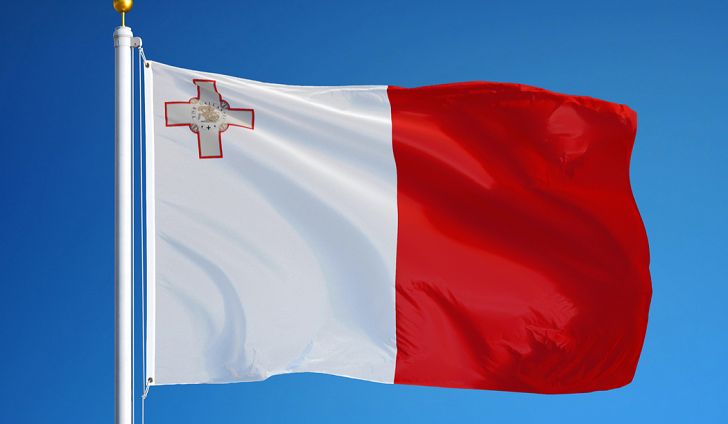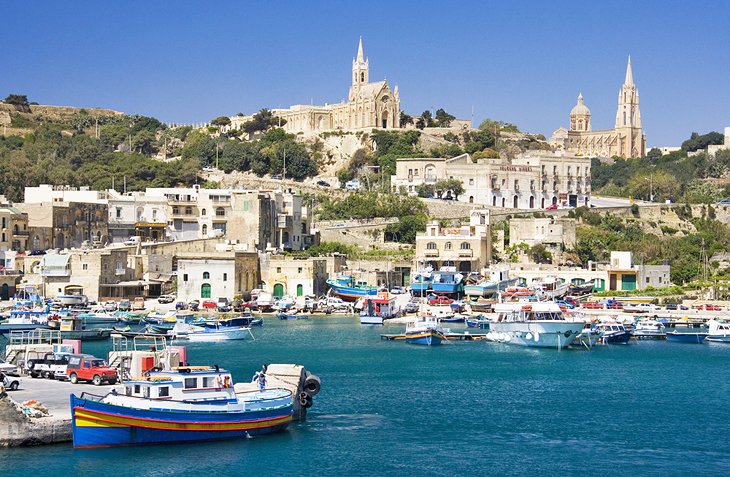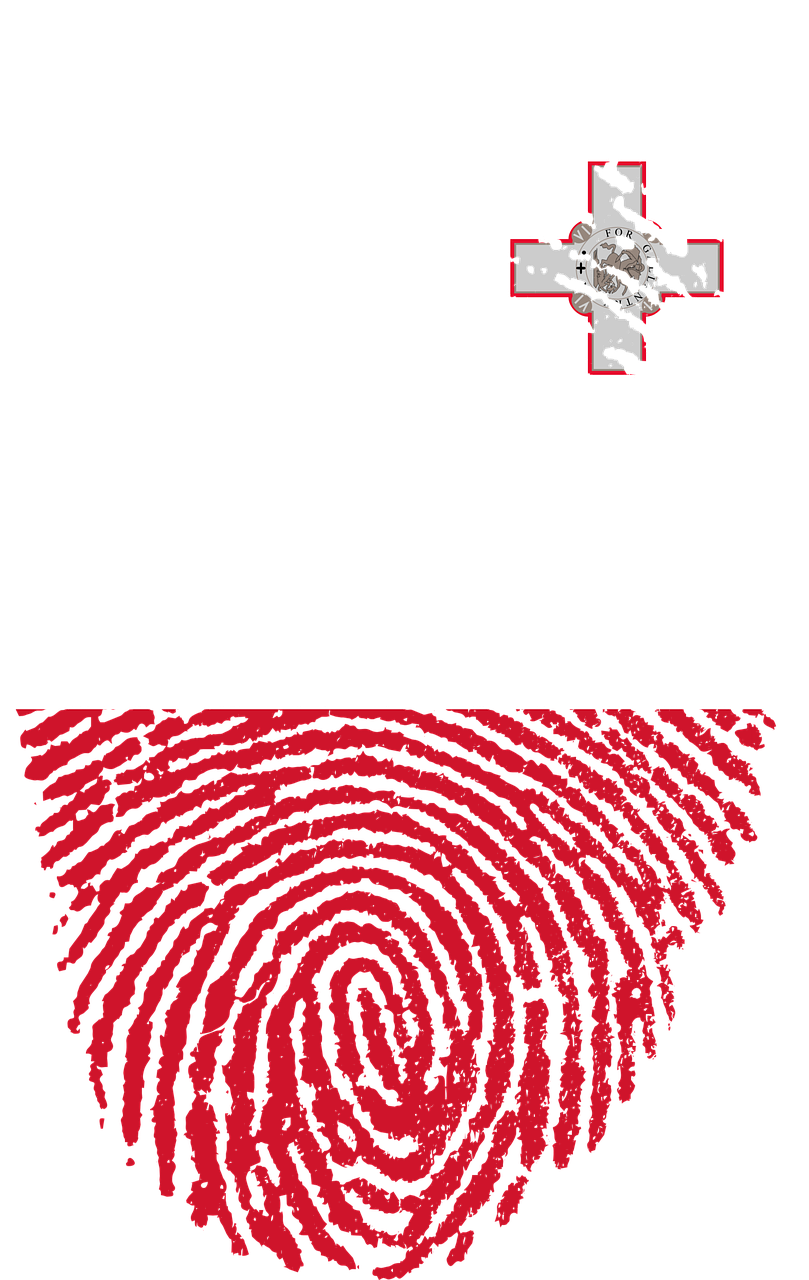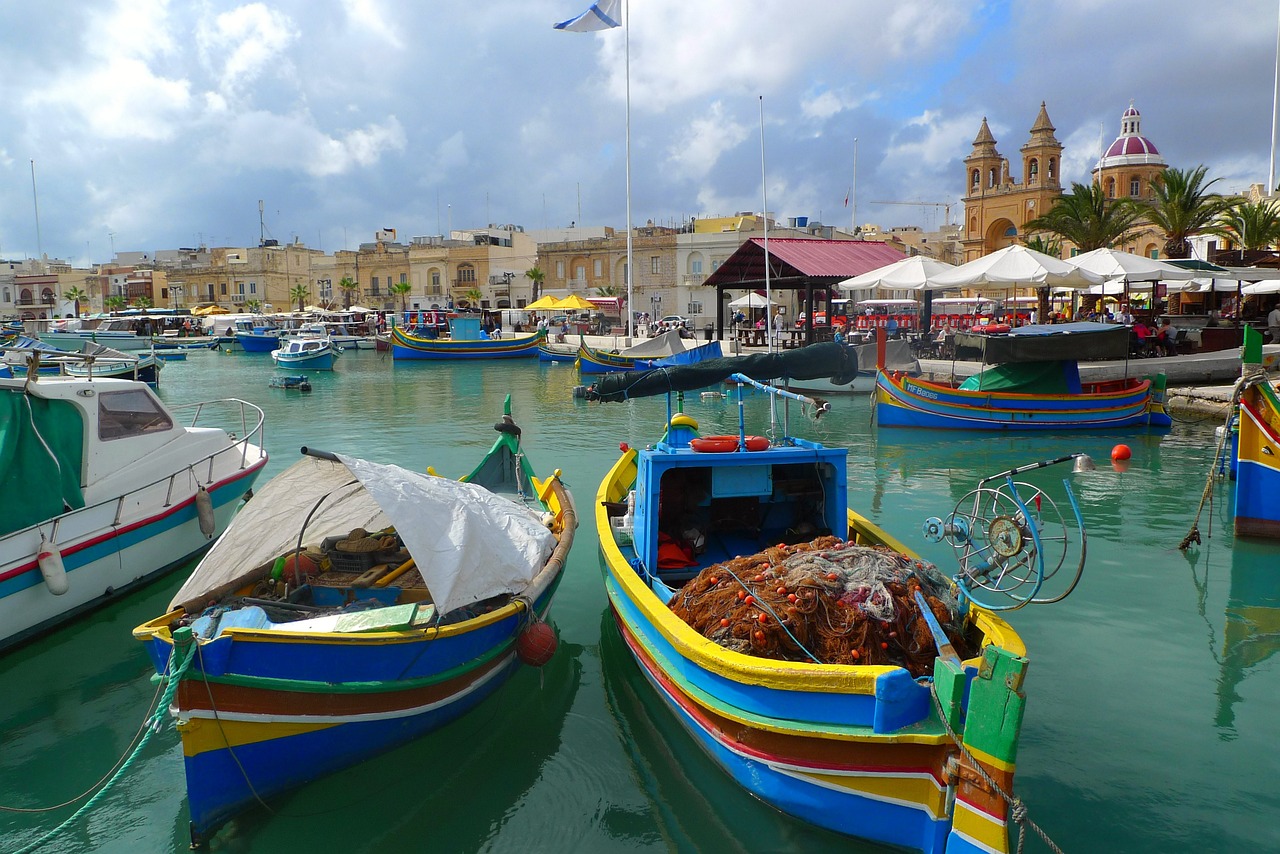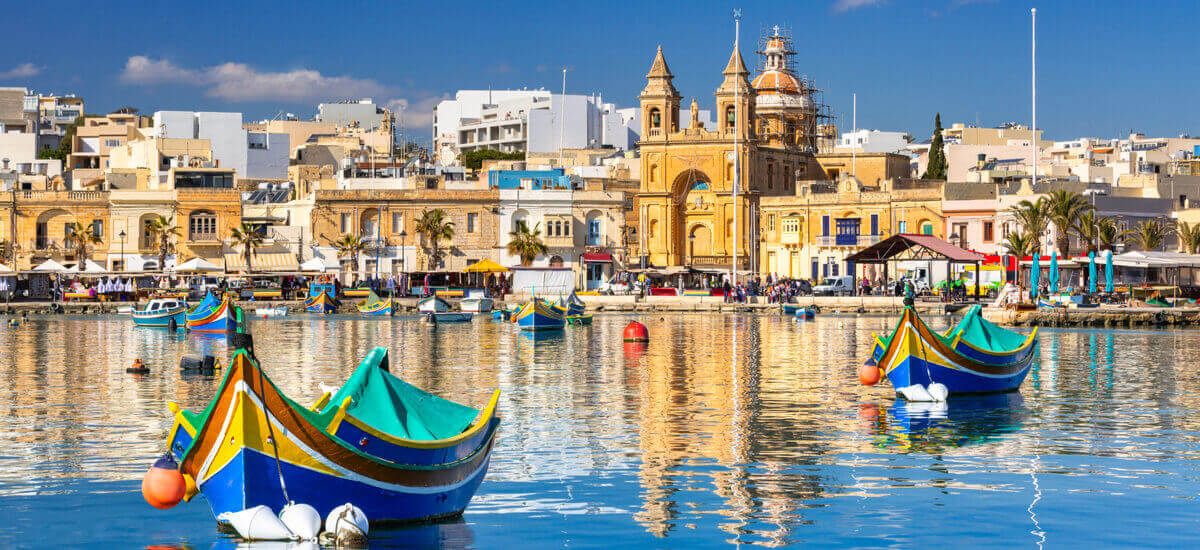An Overview of the Licensing and Tax Regimes Applicable to Gambling Activities in Malta
Introduction
Malta, a Mediterranean island nation, has been at the forefront of the online gambling industry for more than a decade. The country’s government recognized the potential of the industry early on and was among the first to implement comprehensive legislation and regulations governing online gambling. In this article, we will provide an overview of the key features of the licensing and tax regimes applicable to gambling activities in Malta.
The Licensing Regime
Malta’s gambling licensing regime is widely considered one of the most reputable and well-regulated in the world. The Malta Gaming Authority (MGA) is responsible for regulating all gambling activities and issuing licenses to operators. The MGA has strict requirements for operators to meet before awarding a license, including the submission of a detailed application, extensive background checks on company directors and shareholders, and a commitment to comply with stringent regulations relating to player protection, responsible gambling and anti-money laundering.
Types of Licenses
The MGA offers four types of licenses, depending on the type of gambling activity that the operator wishes to offer. These include:
- Class 1 – for operators providing games of chance, such as online casino and lotteries
- Class 2 – for operators providing games of skill, such as poker and daily fantasy sports
- Class 3 – for operators providing peer-to-peer games, such as betting exchanges
- Class 4 – for software vendors who provide software to operators who hold a Class 1, 2, or 3 license
The Tax Regime
Malta has a competitive tax regime for gambling operators. The country operates a ‘tax refund’ system whereby licensed operators pay a fee of €25,000 per year, with an additional €5,000 for each license type, and a corporate tax rate of 35%. However, operators may claim back 85% of this tax paid in the form of tax refunds. The effective corporate tax rate can therefore range between 5% and 0.5%, depending on the level of profits generated by the operator. This tax refund system has been a significant incentive for operators to set up shop in Malta.
Value Added Tax (VAT)
Operators in Malta are also subject to Value Added Tax (VAT) on their services. The VAT rate applicable to gambling services is 18%. However, EU-based operators may choose to pay VAT in their home country under the EU VAT Directive, allowing them to benefit from a more favorable VAT rate.
Conclusion
In conclusion, Malta’s gaming licensing and tax regime have made it a popular destination for online gambling operators. The country’s strict regulations and reputation for excellence have created a trustworthy industry that players can rely on. At the same time, the low corporate tax rate has made Malta an attractive location for international gaming companies to run their operations. It is no wonder that Malta continues to be a leader in the gaming industry, attracting both operators and players alike.








